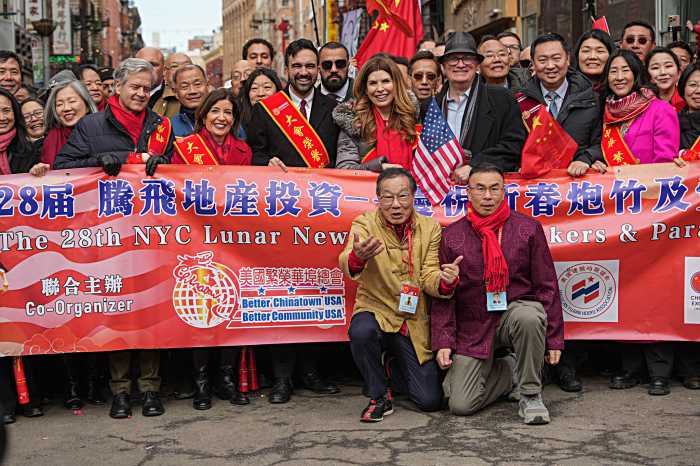They suffer in silence.
Jinny Park, project manager of Korean Community Services (KCS) of Metropolitan New York’s public health program sees hundreds of them.
Park tells The Queens Courier of the plight of a South Korean woman who came to the United States with no friends and no family – an undocumented immigrant. She found work as a babysitter in a Queens church but she hardly makes enough money to cover her necessities much less paying for health care.
Park’s “babysitter” began experiencing pain in her right hip and finally entered a Queens hospital when it began to interfere with her bowel and bladder functions. She is just one of an estimated 500,000 undocumented immigrants living in the city. This group is afraid that their illegal status will be uncovered if they go to doctors, clinics or the area hospitals.
Juan, an undocumented immigrant from Honduras, who lives in Jackson Heights and works in a pizzeria, entered a Queens hospital just in time. “I almost died,” he said. He learned at the hospital that he had a heart problem, though he could not remember the doctor’s official diagnosis when asked by The Queens Courier.
On Wednesday May 31st, New York Health and Hospitals Corporation (HHC) held a press conference at Elmhurst Hospital Center to address the silent suffering of undocumented workers like Juan and the KCS “babysitter,” and to tell them not to be afraid to come into the hospitals.
To launch their public awareness campaign Alan Aviles, President of HHC and Immigrant Affairs Commissioner Guillermo Linares drafted an open letter to the undocumented immigrant community which states “Do not be afraid to go the doctor, the clinic, the hospital, or the emergency room. Undocumented immigrants can get medical care in New York with no fear.”
The open letter is available in English, Spanish, Russian, Chinese, Korean, French Creole, Urdu, Bengali, and Albanian. HHC also provides translation in New York City public hospitals for those unable to speak English, taking pride in its diverse staff with more than 80 percent representing communities of color; speaking multiple languages.
For immigrants like Juan with low paying jobs, worried about paying for medical care, the HHC helps patients apply for insurance programs, and for those not eligible for any programs, the HHC Options program provides reduced affordable rates.
Documented immigrants need not fear providing their immigration status, proof of income, home address and date of birth to HHC staff. According to the open letter, “no HHC employee can give your patient information to anyone else. All of our employees know that if they break this promise they can lose their job.”
Undocumented immigrants needing medical attention have access to HHC’s network of 11 hospitals, six diagnostic and treatment centers, four long-term-care facilities and more than eighty community clinics.






























